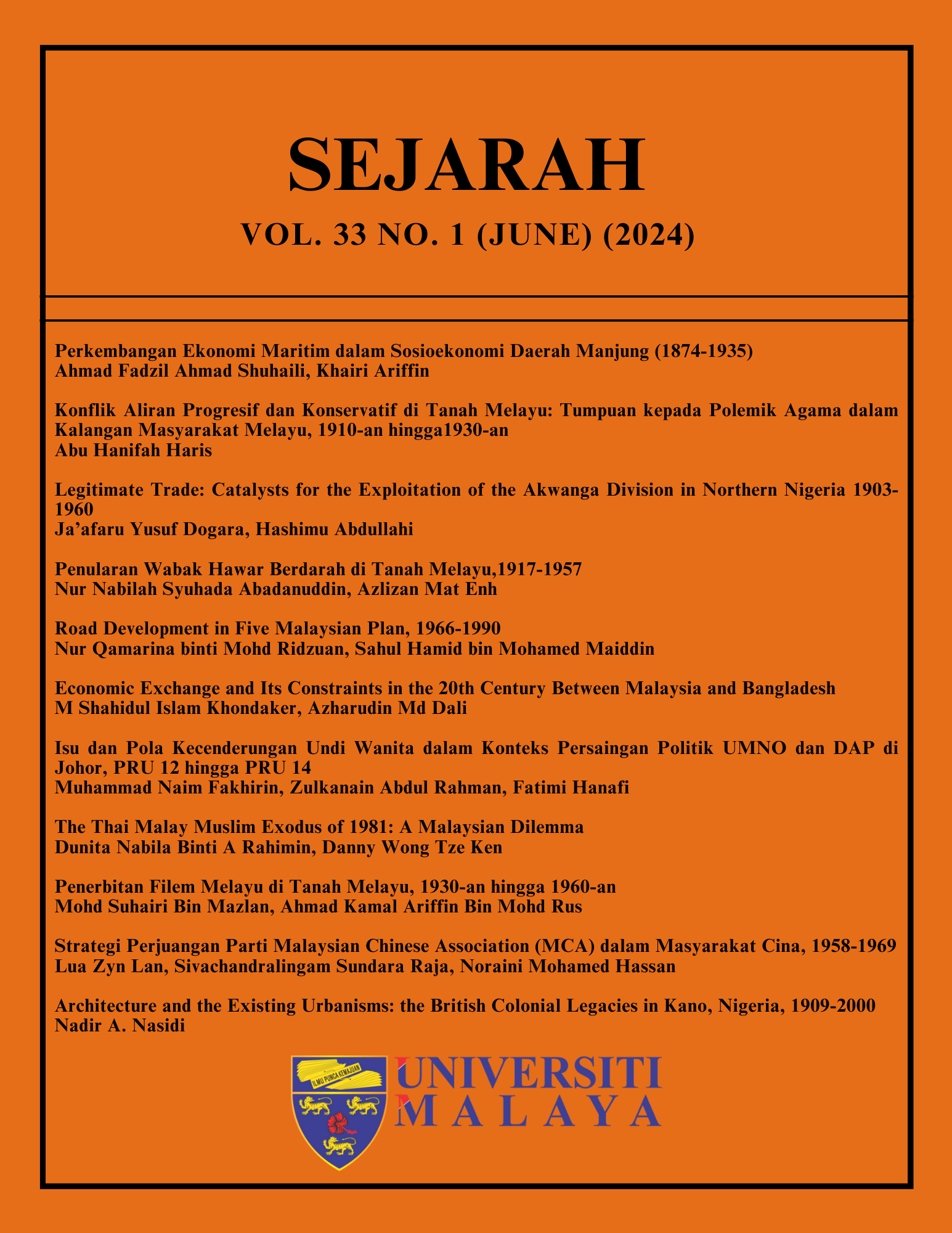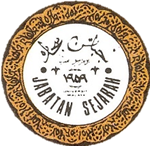Economic Exchange and Its Constraints in the 20th Century between Malaysia and Bangladesh
DOI:
https://doi.org/10.22452/sejarah.vol33no1.5Keywords:
Malaysia, Bangladesh, Economic Relations, Trade Imbalance, Bilateral RelationsAbstract
This study examines the economic exchange and its constraints between Malaysia and Bangladesh, specifically during the late 20th century. We are arguing that this issue is rarely addressed in the literature though in the relationship of these two countries, presenting the pros and cons of economic transactions are significant to strengthen the future linkages. Alongside the economic cooperation, the major characteristics of this reciprocal trade at that time were the economic imbalances and deficits between these two countries, where the Bangladeshi workers' migration to Malaysia and reciprocal trading products were considered. Such bilateral economic linkages also facilitated the country’s gross domestic product (GDP). The research applies a historiographic approach as a study method. It consults some primary and secondary data and information, including government reports, files and documents, agreements, newspapers, books and articles. The study result showed the factual depiction of the reciprocal relationships between Malaysia and Bangladesh and their limitations in terms of the exchange of material goods, industry and worker migration. The findings of this study would fill the existing literature vacuum that can be consulted for further research.
Received: 21 January 2024
Reviewed: 16 April 2024
Accepted: 30 June 2024


